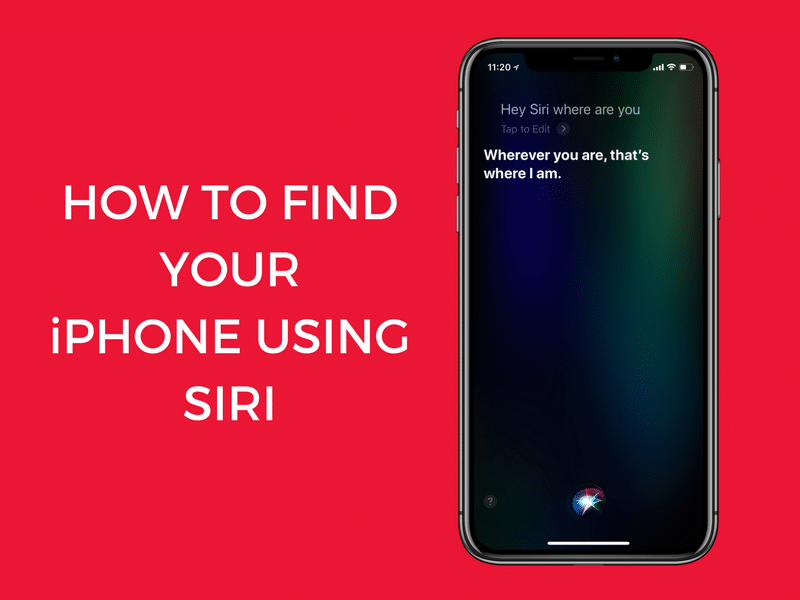Whether you’re looking to find your iPhone, mark it as lost, or track it after it’s been stolen, you’ve come to the right place. Here, you’ll learn about a few of the best iPhone tracking apps out there, and how to use them to keep track of your device.
Location tracking
Whether you’re concerned about privacy or not, you should know that your iPhone can track your location. Apple uses this data for a variety of reasons including helping it find your phone. It also helps Apple apps recommend products to you based on your location. This feature isn’t for everyone, though.
You can turn off location tracking on your iPhone, and you can do it for all apps or for just a select group of apps. While you’re at it, you can also turn off Wi-Fi, turn on cellular data, or disable Find My iPhone.
Using your phone’s GPS chip, Apple tracks your location in real time. It also uses this data to help it automatically create destinations in its Maps app. Then, it stores your travel information, including dates, times, and mode of transport. You can check it all out at Settings, Privacy, and System Services.
The iPhone can also track other nifty things, like the amount of data you’re consuming, your mode of transport, and your travel history. It also stores dates and times, and can even use your location to help it determine if your battery is Optimized Battery Charging.
You can also disable the share my location function, which can be found in the Settings app. This can be a good option if you don’t want your phone tracking you all the time.
If you’re curious about what apps are tracking your location, you can check out the Settings app’s location-based services. These are great for helping you decide what to do with your data. However, it can also be an easy way for apps to harvest your information, or sell it to third-party marketers.
Suspend service
Having your iPhone suspended is not something you want to happen. However, there are ways to restore your service.
Before you decide to suspend your account, make sure you backup all of your data. You may owe some fees for the phone hardware, and you may have data stored on the phone that you want to retain. Having your service suspended may also cause late fees and other charges.
Some carriers have a limited number of days that you can suspend your mobile plan. This means you will not be able to make calls and send text messages.
However, your account will continue to bill at the same monthly rate. If you have an iPhone and want to reactivate it, you may need to pay an account credit. However, you will not be able to transfer your account credit.
If you lose your iPhone, you will need to call your carrier to find out if it has been suspended. If you lose your phone, you will be required to fill out paperwork and pay a deductible. You will also need to contact your service provider to deactivate the line.
If you have your iPhone suspended, you will not be able to make phone calls or receive texts. However, you will still be able to use Wi-Fi networks. These networks can allow you to send and receive messages and connect with friends and family. You can also access Internet-based email accounts and websites.
Your account may have been suspended for misuse of your iPhone. You may also have been suspended for using too much airtime. You can find out more about how to get your iPhone back by reading your cellular service provider’s policy.
Mark it as lost
Using Apple’s Lost Mode is a great way to find your iPhone. This feature helps lock your device with a passcode and allows you to provide contact information on your missing device. It also lets you see your current location. If you’re using the Find My app, you’ll see a list of all of your devices. You can also see the location of your family’s devices, even if they’re offline.
This feature also displays a custom message on your Lock screen that lets you contact the owner of your lost device. This is especially useful if you’re not sure who owns the device. If you don’t have a phone number, you can provide an email address or even an address.
You can also set your iPhone to notify you when it’s found. You can do this by swiping up from the bottom of the screen and revealing the full menu. From here, you’ll be able to choose whether to show a map of the current location, or whether to show only the last known location. If you choose to show only the last known location, you can choose to either show a map or only a list of all devices in your account.
You can also choose to display a custom message on your Lock screen that informs your friends and family of your loss. This is especially useful if you’ve lost your iPhone while out of the country. You can also select a message to display if you’re using the Find My app.
When you’re marking your iPhone as lost, you can also set your device to notify you when it’s found. This is especially useful if you’re using the Find My iPhone app and are offline.
Track it after it shuts down
Whether you’ve just lost your iPhone or you’ve accidentally turned it off, there are ways to track it. iPhones run on a U1 chip, which continues to operate in the background even if the device is completely off. Depending on the model, iPhones can track for a number of hours after they run out of battery power.
You can also turn off location tracking by going to Settings, selecting Location Services, and turning off location tracking. If you turn off location tracking, you won’t be able to track your phone through Apple’s Find My feature, but you can still search your phone using your Apple ID.
If you’ve lost your phone, you may be able to use your Find My app to track it. The app can show you the location of your iPhone, iPad, Mac, Apple Watch, AirPods, and other devices. You can also share your device’s location with family members.
In addition, you can use the Find My app to erase your lost Apple device. You can also locate your lost device via Family Sharing or iCloud. You can also use a Bluetooth signal to find your device. If you use a Wi-Fi network, your carrier can also recognize your device.
You can also use your Find My app to locate your phone when it’s off. However, you can only use this feature if your device is connected to a Wi-Fi network. You can also suspend the service to lessen the odds of tracking your lost device. However, the service will only work with other Find My network members nearby.
If you don’t want to track your iPhone through Apple’s Find My feature, you can turn off location tracking by going to Settings, selecting Location Services, and turning off location tracking.
Protect your data
Whether you are using an iPhone to access your bank account or cloud storage, protecting your data is a priority. With the right protection, you can sleep well at night knowing that your personal information is secure.
There are many security and privacy features built into the iPhone and its iOS cousins. For example, you can change your Google Account password in private browsing mode. Also, Apple’s Find My iPhone app allows you to remotely lock, wipe, or turn off your device. This is especially useful if you’ve lost your iPhone to a thief.
Besides protecting your data, you can also optimize your iPhone’s security for the optimal performance. For example, you can turn off location services, encrypt your photos, and set up your device for remote wiping. Having these features enabled will make it much harder for a crook to access your data. You can also opt for the latest and greatest in iOS software updates to keep your device protected.
You can also choose a unique passcode for your device, or use a complex password. The best defense is to always lock your device when you’re not in a public place. You may also want to consider a passcode that combines letters, numbers, and symbols, as this will make your device harder to break into. The iPhone is one of the most secure devices on the market. You can also protect your data from your smartphone by installing a good password manager app.
With so many ways to snoop on your personal data, it’s smart to know how to protect your information and your privacy. It’s also important to cultivate good judgment when it comes to personal information.



